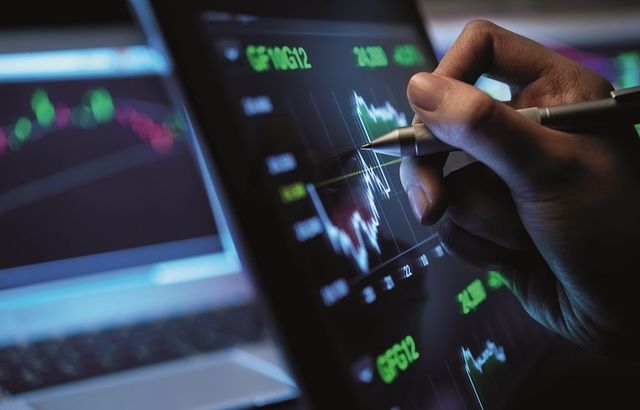In 2017 the MSCI Emerging Market Index registered a 25.4% return in sterling terms, which was less than the 37.28% you would have earned back had you been invested in US dollars, but more than the 13.24% (sterling) gain from the MSCI World Index over the same time period.
Continuing the theme of risk investments outperforming last year, frontier markets also had a strong year with the MSCI Frontier Markets Index up 20.44% in sterling terms and 31.86% in dollar terms.
In a recent analysis, we looked at some of the funds which led the pack last year, but after such a strong period of performance is now the right time to be investing and if it is, how much should investors be allocating to the region?
According to Oliver Bell, portfolio manager of the T Rowe Price Frontier Emerging Markets Fund, much of last year’s growth was driven by Argentina and Vietnam. At the same time, Ashmore’s latest emerging market outlook says 2017’s returns were driven by improvements in earnings growth and earnings expectations and the region remains a compelling strategic case should investors want to diversify their global portfolios this year.
Indeed, according to Ashmore, the earnings recovery has only just begun and valuations within the region are trading in-line with emerging markets and at a discount to developed markets.
But this is what the managers say. Are fund buyers sold on the story?
Reasons to invest
Adrian Lowcock, investment director at Architas, says frontier markets are one of the last areas to receive interest from UK investors because it is an area which often requires investors to be full of confidence and willing to take on risks they wouldn’t normally.
“In the current cycle this confidence has been slow in coming around as investors have been struggling with the after effects of the financial crisis, the effects of which are still clearly being felt across the world,” Lowcock says. “However this means that frontier markets are more often than not driven by domestic concerns and not global macro economic conditions.”
As a result, frontier markets are not as closely correlated with developed markets. However, Lowcock says if the world continues in the goldilocks phase of synchronised global growth investors could start to look at the asset class, which he adds remains cheap compared with developed markets.
“Given that the political risks, corporate governance, shareholder rights and liquidity risks are all much higher it is right they are cheaper,” he says.
“So why invest in the region? Well it offers exceptional growth potential and that is very attractive to certain types of investors. As with emerging markets, frontier markets covers the whole world and there are a range of themes which could drive the asset class.”
Explaining recent performance, Lowcock says there are common characteristics across the asset class which have assisted returns. A lot of frontier markets are, for example, rich in natural resources. In part, this is because Africa makes up such a big chunk of the asset class and is home to more than two-thirds of the world’s mineral reserves and more than half of the world’s gold, platinum and diamonds.
“Commodities, having suffered a big correction began to recover in 2016 and 2017 which is supportive of the frontier markets economies as investment returns to the sector,” he says.
Attractive frontiers
“Demographics is also on their side,” adds Lowcock. “The west is getting old, but frontier markets have young and growing populations. The means there is a growing work force and usually with that comes growing productivity and GDP in country.”
While political stability has traditionally been used as an argument to avoid both emerging and frontier markets, Lowcock adds that an improving political situation offers an opportunity to invest and markets tend to revalue.
“Argentina is showing signs of improvement and has a better political landscape although equity markets haven’t necessarily reflected all this. Kenya is arguably on the other end of this as political instability is rising there. This highlights the inherent risk of investing in frontier markets and the importance of having expertise in the sector.
Overall though, Lowcock recommends that frontier markets shouldn’t constitute more than 1-2% of a portfolio and investors should expect performance to be extremely volatile.
So, any funds he would identify? He picks out the iShares MSCI Frontier ETF, which seeks to track the investment results of the MSCI Frontier Markets 100 Index, and the Blackrock Frontiers investment trust, which aims to achieve long-term capital growth from investment in companies operating in frontier markets or whose stocks are listed on the stock markets of such countries.







